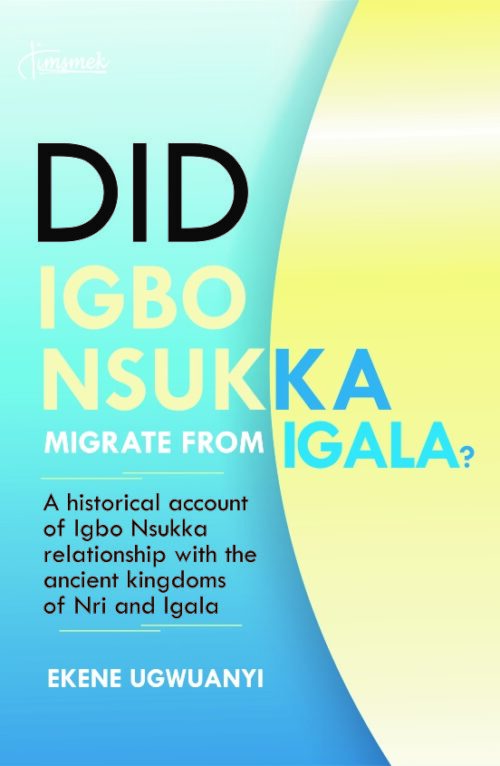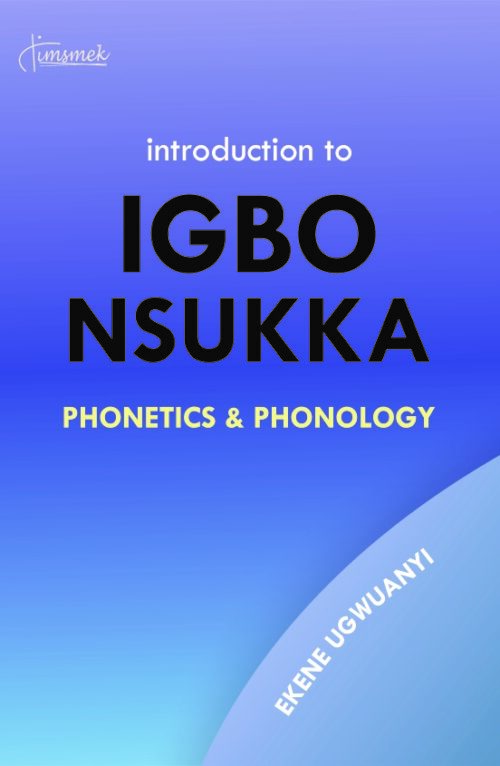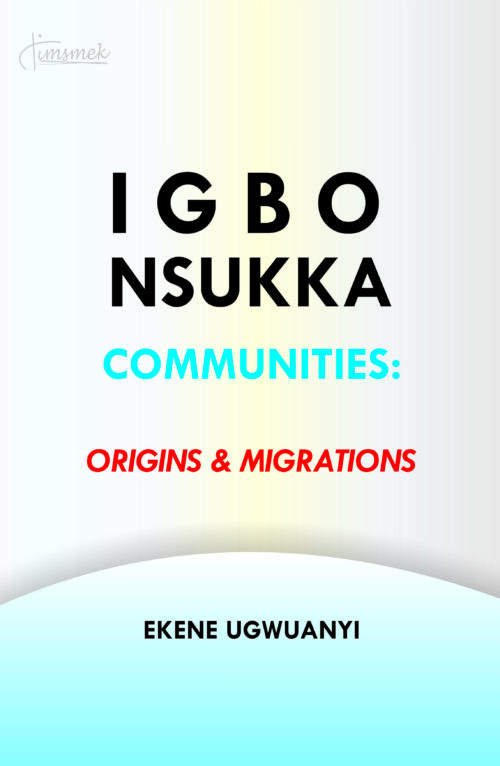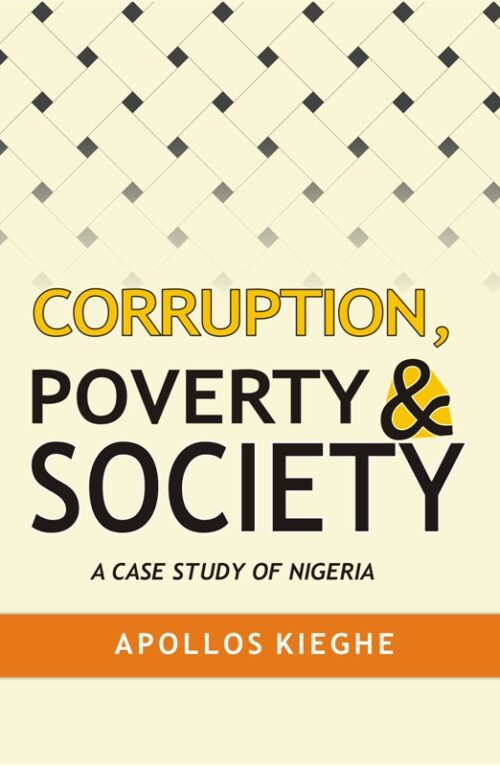-
(0 reviews)
Did Igbo Nsukka migrate from Igala–Igbo Nsukka relationship with Igala and Nri
₦3,000.00Scholars navigating through the histories of the Nsukka Igbos are often faced with these fundamental questions: Did Nsukka migrate from Igala? Why do Nsukka people bear Igala names such as Attah, Onoja, Ogili, Idoko, Ameh etc? What about this claim about Nsukka’s migration from the ancient kingdom of Nri? Can it be possible that Nsukka migrated from Nri? Is there any possibility that Nsukka might have existed before any of these ancient kingdoms? How did the people of Igbo Nsukka come about and what was their relationship with these two ancient kingdoms? This book addresses these questions and sets to unleash a great revolution in the history of Igbo Nsukka.
-
(0 reviews)
Introduction to Igbo Nsukka Phonetics and Phonology
₦1,500.00This book is a study into the phonetics and phonology of the people of Igbo Nsukka, attempting to highlight some of the speech sounds of Igbo Nsukka people not highlighted in the Central Igbo orthography. In addition to this, the book also outlines how to count days in Igbo Nsukka dialect as well as well as the indigeneous method of counting money in Igbo Nsukka dialect.
-
-
(0 reviews)
How My Mum Borrowed ₦5,550 So I Could Go To University
₦750.00If you read this ebook to the end, I promise it’ll be the best compressed AUTOBIOGRAPHY you’ll read this year.
Autobiography is the story of a person’s life written by himself. I wrote this myself.
To begin with, if my parents had given me an English name at birth, I would’ve thrown it away by now.
Why?
Read on to find out.
— Eze Ibekwe, PhD
-
(0 reviews)
Corruption, Poverty & Society: A Case Study of Nigeria
₦2,000.00Drawing from the available statistics with references to the status quo in the polity, this book provides you with a deep level of analysis of the corruption in politics and governance — using Nigeria as a case study.
It is a given that corruption is found everywhere in the world — even in the sanest of climes, but what makes the kind of corruption found in Nigeria so powerful that it fights those who reject it and even jails them, is deserving of everyone’s study time.
Sign in








